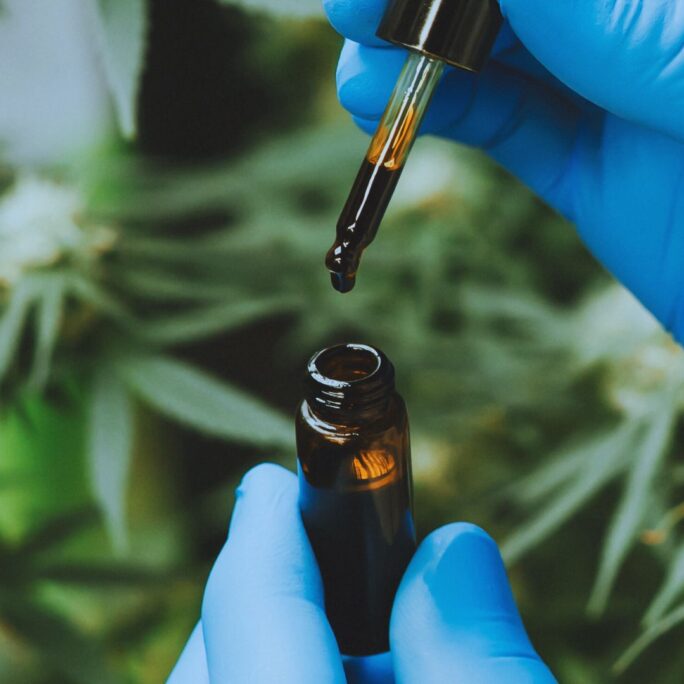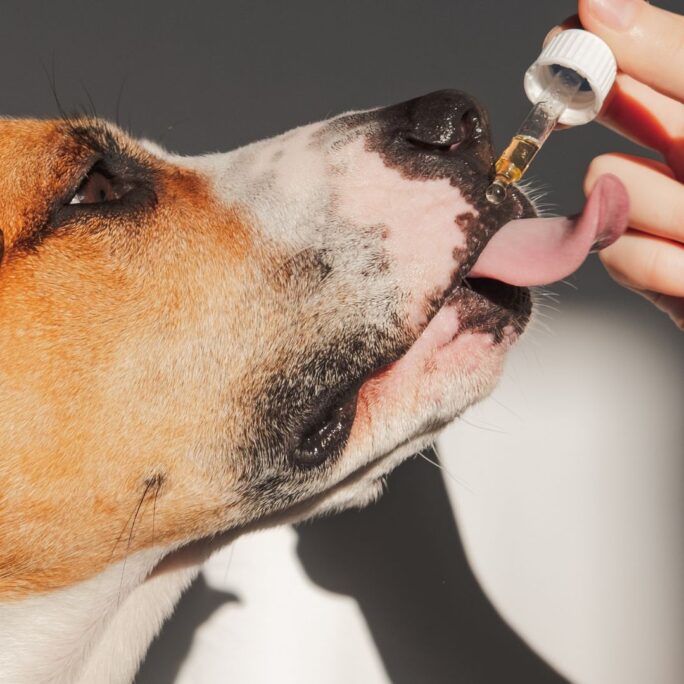
Cannabidiol (CBD) has been making waves in the medical and scientific communities, with numerous studies and trials exploring its potential benefits and applications.
As the second most common active compound in marijuana, CBD has garnered significant attention due to its therapeutic properties without the psychoactive effects typically associated with cannabis.
Let’s delve into the latest findings and conclusions from current CBD studies.
What is Cannabidiol (CBD)?
CBD is derived from the hemp plant and is one of the primary cannabinoids found in cannabis.
Unlike its counterpart, THC, CBD does not produce a “high” or cause symptoms of chemical dependency.
A valuable resource for patients suffering from chronic pain, compromised immune systems, and various other ailments.
The Potential of CBD in Medical Treatment
Recent studies have endorsed CBD’s potential in treating a range of conditions.
For instance, it has proven effective for some patients with seizure disorders resistant to conventional treatments.
Furthermore, CBD is being studied for its potential applications in treating conditions like psoriasis, multiple sclerosis, Parkinson’s disease, and even as a preventive measure against certain types of cancers.
Moreover, CBD’s anti-inflammatory properties have been targeted in studies aiming to reduce symptoms in chronic disease sufferers.
Early research focused on how CBD interacts with cannabinoid receptors in the brain, influencing dopamine production and potentially impacting mood disorders such as generalized anxiety and PTSD.
Cannabidiol (CBD): What we know and what we don’t – Harvard Healthsource:
- Cannabidiol (CBD) is a prevalent active ingredient in cannabis.
- CBD does not cause a “high” by itself.
- CBD is derived from the hemp plant or manufactured in a laboratory.
- CBD is an essential component of medical marijuana.
- CBD is legal in most parts of the United States, with varying degrees of restriction.
- CBD has been proven effective in treating childhood epilepsy syndromes such as Dravet syndrome and Lennox-Gastaut syndrome.
- Epidiolex, which contains CBD, is the first cannabis-derived medicine approved by the FDA for these conditions.
- CBD may also help with anxiety, insomnia, chronic pain, and addiction according to studies and research.
A PHASE I/II RANDOMIZED DOUBLE-BLIND PLACEBO-CONTROLLED TRIAL OF CANNABIDIOL AS A TREATMENT FOR ALCOHOL USE DISORDER COMORBID WITH POSTTRAUMATIC STRESS DISORDER | NYU Langone Health source:
- Purpose: To study the safety and effectiveness of CBD for treating alcohol dependence comorbid with PTSD.
- Objective: Assess effects of CBD on thinking, behavior, and habits in individuals with Alcohol Use Disorder and PTSD.
- CBD is a naturally occurring, non-psychoactive compound found in the marijuana plant.
- FDA has not approved CBD as a safe or effective treatment for any health condition.
- Use of CBD to treat disorders is considered experimental.
The Safety and Quality of CBD Products
With the rise in CBD’s popularity, concerns regarding the safety and quality of CBD products have emerged.
The FDA has been actively involved in evaluating CBD under a rigorous scientific framework. Their ongoing work includes engaging with stakeholders, sampling, and testing CBD products.
Recent tests have revealed discrepancies in some products, with variations in cannabinoid content and the unexpected presence of THC.
It’s crucial for consumers to be aware of these discrepancies. When purchasing CBD products, it’s advisable to opt for well-established dispensaries and brands that offer transparency regarding the purity and dosage of their products.
The Future of CBD Research
While the current data on CBD is promising, there’s a consensus among experts that more clinical trials are needed.
These trials will help determine optimal usage based on individual health situations and ensure safety when using CBD alongside conventional medication. The goal of ongoing research is to reduce potential side effects and provide clear guidelines for its therapeutic use.
CBD holds immense potential in the realm of medical treatment. Its proven benefits for conditions like epilepsy and chronic pain, combined with its non-psychoactive nature, make it a promising alternative for many patients.
However, as with all treatments, it’s essential to approach CBD with caution, ensuring that products are of high quality and seeking advice from medical professionals.
As research advances, we can anticipate a clearer understanding of CBD’s full range of applications and benefits.







